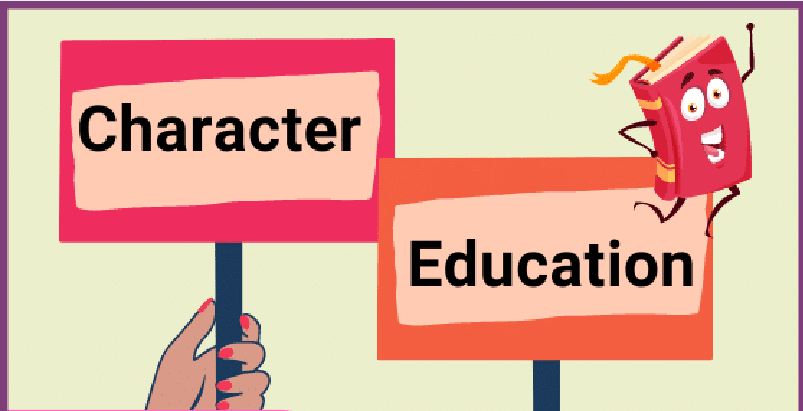In a world grappling with complex challenges and moral dilemmas, character education stands as a beacon of hope, guiding individuals toward becoming responsible, ethical, and compassionate members of society. Character education is a comprehensive approach to fostering positive human traits, values, and behaviors that enable individuals to navigate life with integrity, empathy, and a sense of civic responsibility.
Foundations of Character Education
Character education is deeply rooted in the belief that individuals possess inherent goodness and that their character can be developed and strengthened through intentional instruction and experiences. It encompasses a holistic approach that integrates moral reasoning, ethical decision-making, and prosocial behaviors into all aspects of the learning environment.
Core Components of Character Education
Effective character education programs incorporate several key components:
- Shared Values: Establish a clear set of shared values that align with the school’s mission and community expectations. These values often encompass respect, responsibility, caring, fairness, honesty, and integrity.
- Curriculum Integration: Weave character education principles into the curriculum across all subjects, providing opportunities for students to apply ethical principles and make moral judgments in real-world contexts.
- Modeling and Mentorship: Provide role models and mentors who embody the desired character traits, demonstrating positive behaviors and ethical conduct.
- Service Learning: Engage students in service-learning opportunities that connect classroom learning to meaningful community engagement, fostering a sense of social responsibility and empathy.
- Positive School Climate: Cultivate a positive and supportive school climate that nurtures self-esteem, promotes mutual respect, and encourages positive interactions among students, teachers, and staff.
Benefits of Character Education
Investing in character education yields a multitude of benefits for individuals and society at large:
- Enhanced Moral Reasoning: Character education equips individuals with the skills to make sound moral judgments and ethical decisions.
- Prosocial Behavior: It fosters prosocial behaviors, such as kindness, cooperation, and helping others.
- Reduced Risky Behaviors: Character education can contribute to a reduction in risky behaviors, such as substance abuse and bullying.
- Improved Academic Achievement: Studies have shown a correlation between strong character education and improved academic achievement.
- Responsible Citizenship: It cultivates responsible citizens who are engaged in their communities and contribute positively to society.
Implementing Character Education Effectively
Successful implementation of character education requires a comprehensive and sustained approach:
- School-wide Commitment: Gain the support and commitment of school leaders, teachers, staff, parents, and community members.
- Professional Development: Provide ongoing professional development opportunities for educators to enhance their understanding of character education principles and effective implementation strategies.
- Evidence-Based Practices: Base character education programs on evidence-based practices that have demonstrated positive outcomes.
- Regular Assessment: Regularly assess the effectiveness of character education programs and make adjustments as needed.
Conclusion
Character education is an invaluable investment in the future of our society. By empowering individuals with strong moral values, ethical decision-making skills, and a commitment to prosocial behavior, we can cultivate a generation of responsible, compassionate, and engaged citizens who will shape a brighter future for all.

